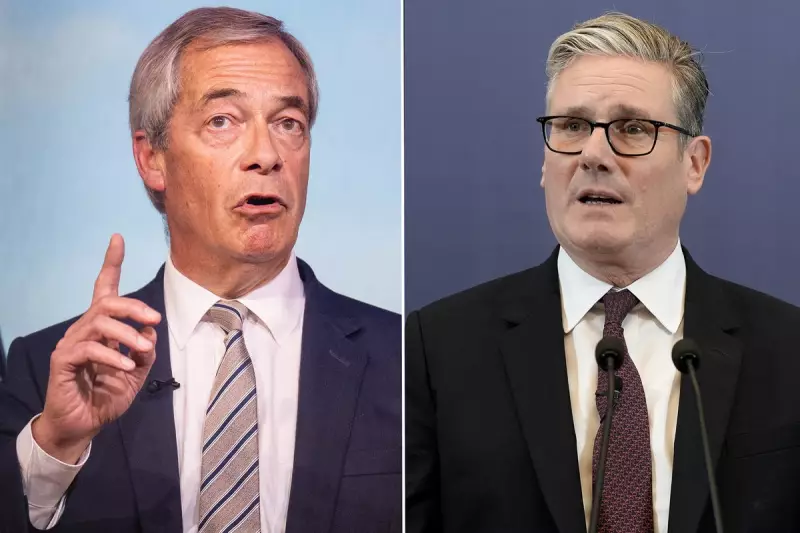
Britain is sliding toward becoming fundamentally ungovernable, with the role of Prime Minister transforming into an impossible mission where even the most basic promises cannot be kept. The failure to 'stop the boats' represents just one symptom of a deeper constitutional and political malaise gripping the nation.
The Impossible Promise
Successive governments have pledged to control Britain's borders, yet the small boats continue to arrive. This isn't merely a policy failure but evidence of a systemic breakdown in governance. The tools available to modern prime ministers are increasingly inadequate for the challenges they face.
A System in Paralysis
Several factors contribute to this governance crisis:
- Constitutional constraints that limit executive power
- Global realities that make border control more complex
- Political polarization that prevents consensus on solutions
- Institutional inertia within the civil service
- International obligations that restrict unilateral action
Beyond Immigration
The small boats crisis serves as a powerful metaphor for broader governance failures. If the government cannot control who enters the country—a fundamental function of state sovereignty—what can it effectively manage? This question strikes at the heart of Britain's political credibility.
The Way Forward
Addressing this crisis requires more than just new policies or tougher rhetoric. It demands a fundamental rethinking of how Britain is governed in the 21st century. Without structural reform, the gap between political promises and deliverable outcomes will continue to widen, further eroding public trust in democratic institutions.
The challenge for any sitting Prime Minister isn't just managing current crises, but confronting the uncomfortable truth that the system itself may be broken beyond quick fixes.





